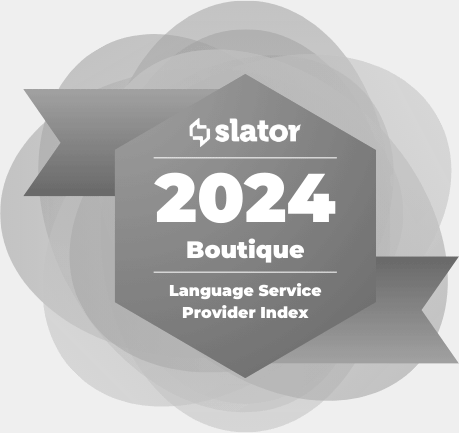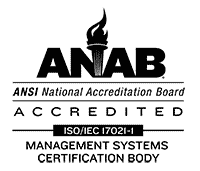Interview with a Japanese Translator: Minoru Mochizuki
Name: Minoru Mochizuki
Location: Japan

What languages do you work with? What are some of the intricacies or challenges of the particular language you work with?
I work between Japanese and English, in both ways, i.e., Japanese to English or vice versa. While Japanese is my mother tongue, I often feel it’s more challenging to translate into Japanese because Japanese as a language has a wider freedom to select one’s preference of words. The distinct challenge is that unless I am given a sample prior to the start of a job, I have no way of knowing the preference of the client in terms of choice between Kanji (Chinese characters) or Kana (authentic Japanese phonetic characters) to write a word, or how to handle courteous expressions. A typical Japanese sentence can end with either of the two styles of present form be-verbs (desu and dearu) and both of them are acceptable. A simple English word such as “gear” can be expressed at least in three different ways; ??????????. So, if you miss detecting the client’s preference in advance, your translation can be marked up badly by your proofreader, editor, or end user.
What are some of your most interesting projects? Why?
I enjoy translating patents because I can learn how things are designed and built from patents. This is because I am an engineer. I also enjoy translating internal documents related to litigation because they tell me how the business is run and what are the critical issues of their businesses, because I worked in several companies, first in a manufacturing industry and then in the international trading industry sometimes in managerial positions.
What is the best part about being a translator? What do you love about it?
The fundamental reasons are covered in my answer to Q (2), but I wish to say that it is my greatest pleasure to note that translation provides me an important source of income in this late period of my life. I started to work as a self-employed full time translator only after I left my salaried life as a non-translator worker that extended almost 40 years.
How did you know you were “ready” to be a translator?
I worked experimentally as a moonlighter for many years during my full-time non-translation employment years and my work brought in recurring orders. I passed the ATA certification test and listed as a full member more than 10 years ago. That’s when I felt ready to be a translator.
What is the most difficult part about your job?
Sometimes it is the deadline. Other times, it is the inability to discuss the difference of opinions in translation issues. As a contractor, I normally give up on such disputes and choose to be silent.






